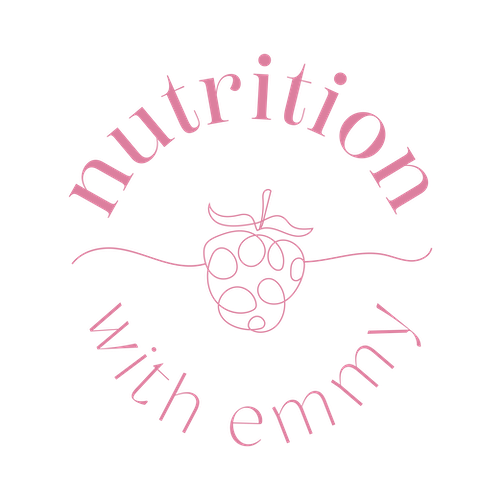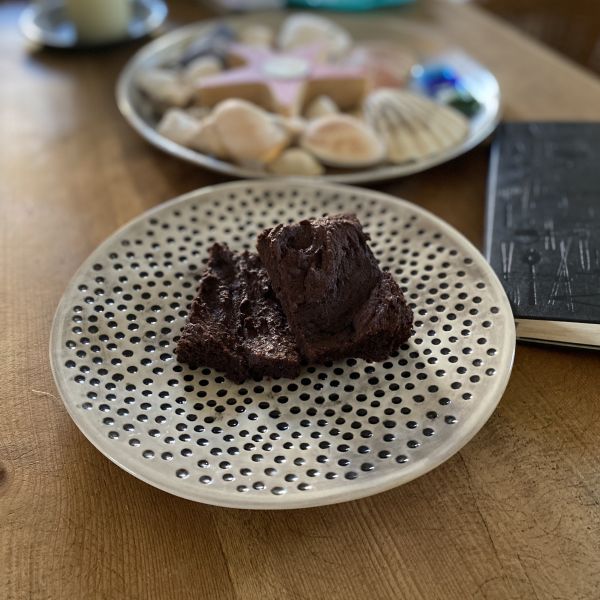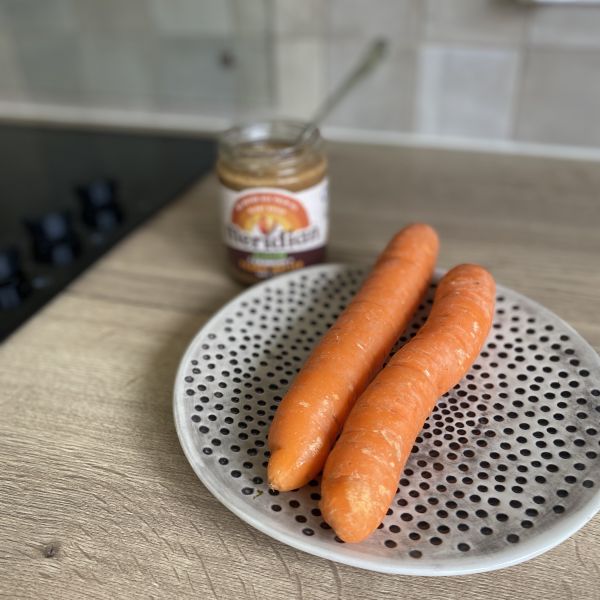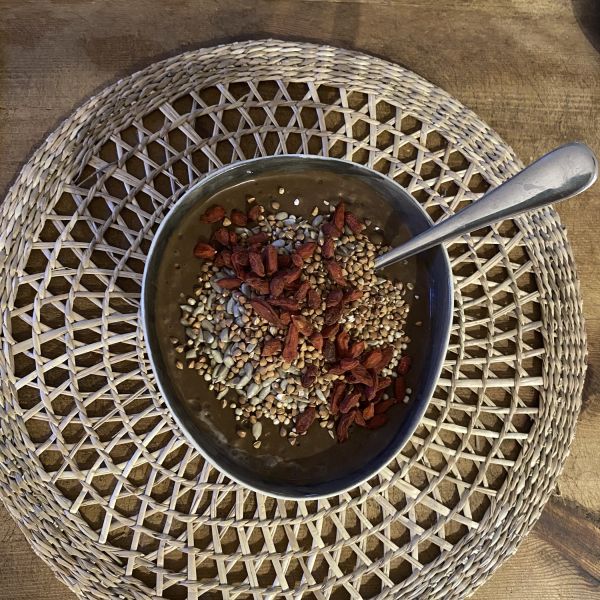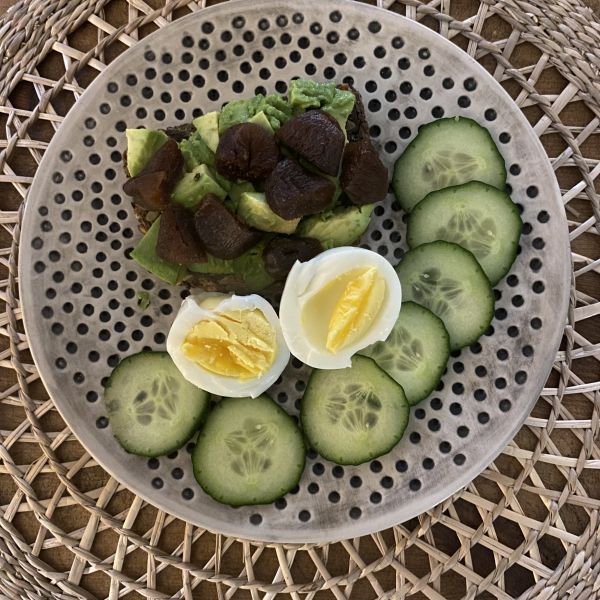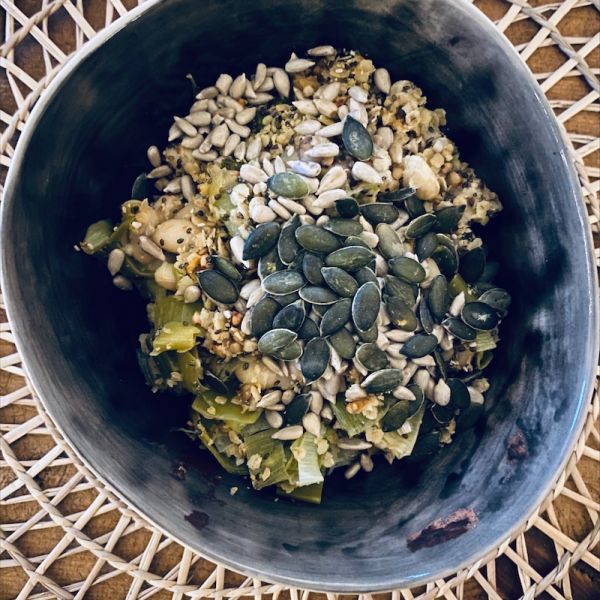You know the days? The ones where you deserve a high achiever’s award for poor sleep? I do. Despite my best efforts (nutrition, fresh air, avoiding screens in the evening - all tick), good nights’ sleeps often evade me.
Maybe it’s hormones, stress or changing daylight hours, perhaps even genetics. But this I know: no matter how much I follow the popular advice to "balance blood sugar" or "pack calming magnesium-rich leafies into meals", I’m all too familiar with the feeling of lying there in the dark, perpetually awake.
Perhaps you are too? It’s a miserable feeling. The day after you can have a low mood, and feel bloated and nauseous, and you might even have abdominal pain. Luckily, my nutrition training has taught me what to eat after a bad night’s sleep – to help ease the grogginess and pull myself coherently enough through the day. And here’s what I can share with you.
ONE: Opt for low-GI foods
Glycaemic Index (GI) tells us how quickly different foods raise our blood glucose levels. And balancing blood sugar is critical after a sleepless night. This is because insomnia is associated with a 24-hour increase in the secretion of the stress hormone cortisol. As a result, you'll be running off adrenaline, which wreaks havoc with blood sugar balance and nervous system regulation. To support both, it’s important to avoid foods that spike insulin and glucose.
I know, I know… those chocolate biscuits help you power through. They really can help you feel a quick mood lift in the short term. But the effects are just that: short. Instead, try to arm yourself with low-GI, nutrient dense foods that release their energy steadily.
For example:
BREAKFAST: Hard-boiled egg followed by porridge with mixed seeds and berries
LUNCH: Rye bread sandwich with canned salmon and salad leaves
DINNER: Shakshuka with chickpeas, olives and half-a-plate of green leafies
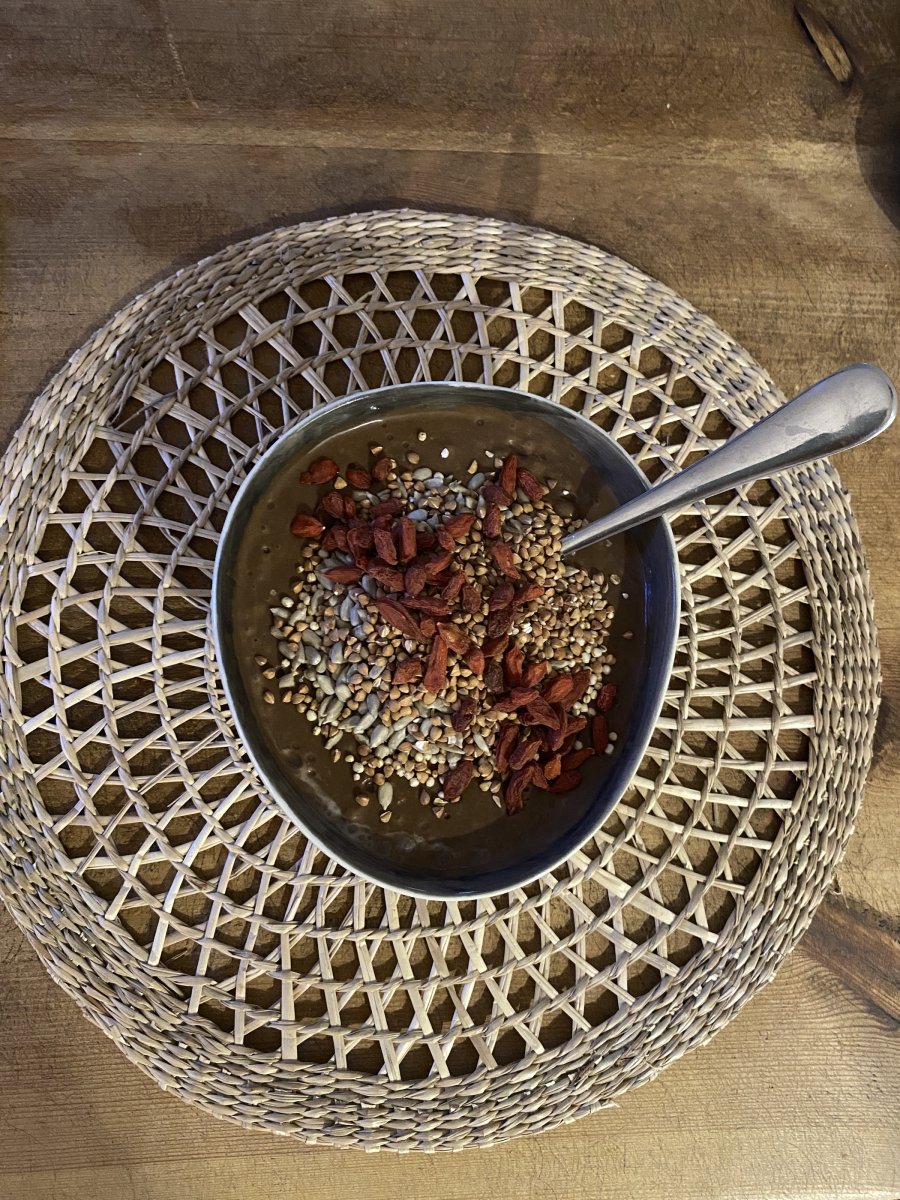
Above: Adding mixed seeds to your breakfast can slow the release of sugars from the meal.
TWO: Snack on high-quality fats
Foods rich in high-quality fats can keep you fuller for longer and steady the blood sugar rollercoaster that can occur due to excess cortisol secretion. Ideal options are:
- A handful of unsalted nuts
- Avocado on a wholegrain rice cake
- Almond butter with carrot or apple sticks
- Blueberries with natural yoghurt
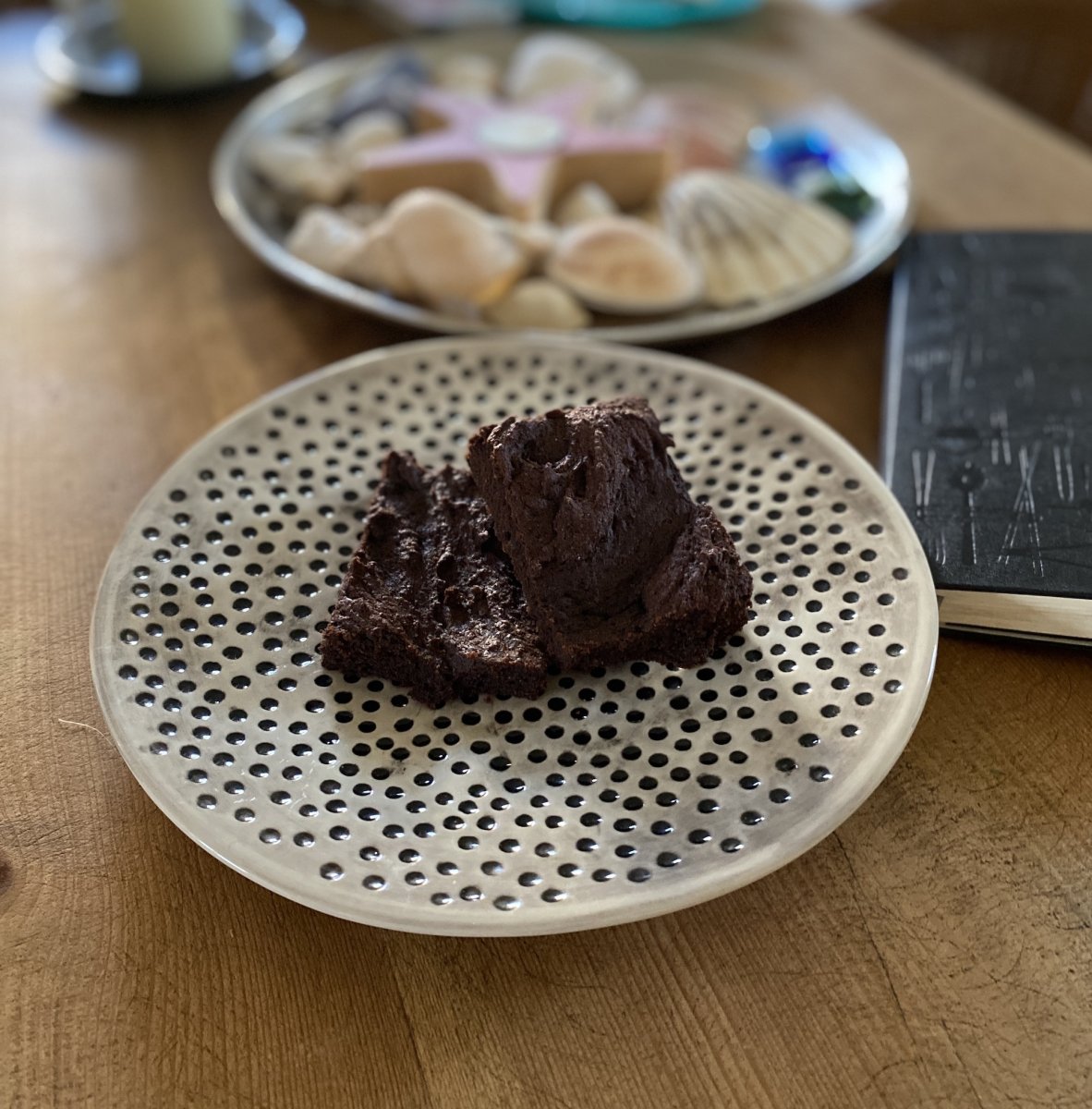
Above: These easy beetroot brownies contain an abundance of healthy fats.
THREE: Choose caffeine wisely
It's almost impossible to avoid consuming caffeine when you haven’t slept well. After all, it can enhance neurocognitive function – particularly important if you have a tough day of work ahead (1).
Matcha tea is a brilliant source of caffeine: it can improve concentration, and contains the amino acid L-theanine, which is thought to be responsible for mitigating the anxiety-promoting effects of caffeine.
If you are consuming caffeine, stop before midday. It has a mean half-life of five hours, but this can be as many as 9.5 hours – and you don’t want it to disrupt the next night’s sleep.
ON A FINAL NOTE…
Complement your insomnia survival nutrition with gentle movement. It can be frustrating to feel you don’t have the energy for your usual workout, but please trust me: you can make more progress when you take time to rest.
Prioritise getting out into the fresh air and daylight early in the day: according to neurobiologist Andrew D. Hubermann, Ph.D (2), this is helpful for setting the body’s internal clock, the so-called circadian rhythm. And if you can, treat yourself to some restorative yoga – Yoga with Melissa has some excellent classes on YouTube, including this one).
Important note: If you are concerned about your ability to sleep, please consult your doctor. Nutrition should not replace medical support, but can complement it. It is not a quick-fix either, but incorporating healthy nutrition as a powerful preventative can improve your chances of living in better health for longer.
Do you want to understand the food you are eating and how it can be tweaked to improve your wellbeing?
I offer free 15-minute phone consultations to discuss how nutrition could support you. I also offer one-to-one nutrition coaching consultations at Heather Lodge in Brodick, as well as online via Zoom. For more information, please click here.
